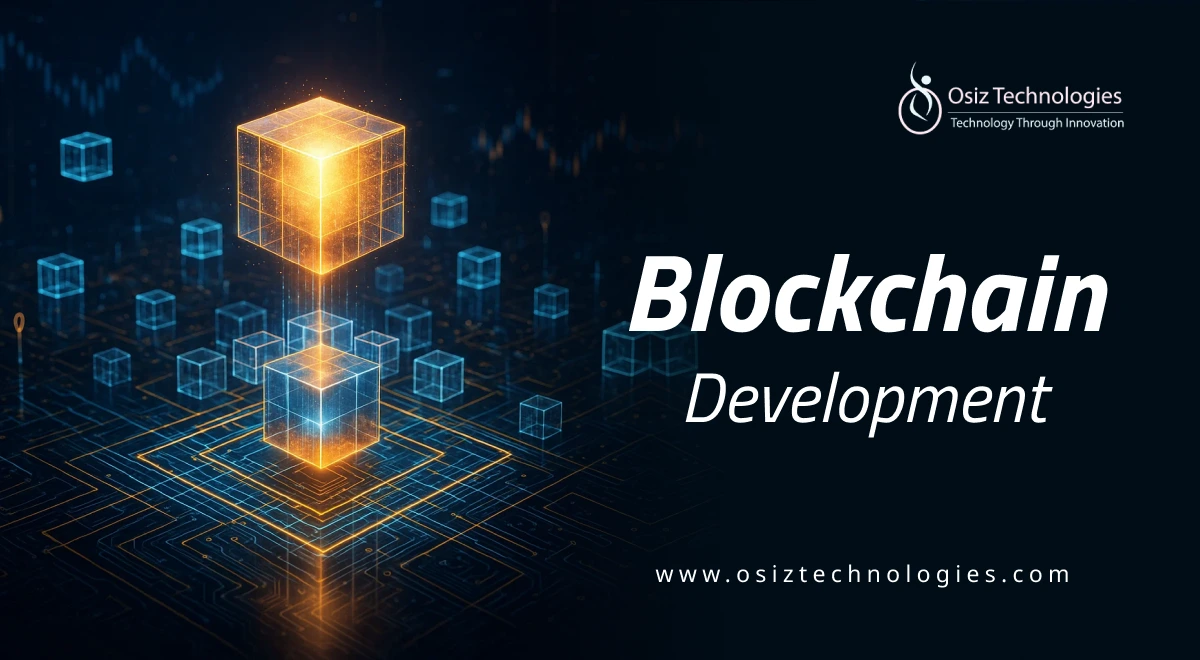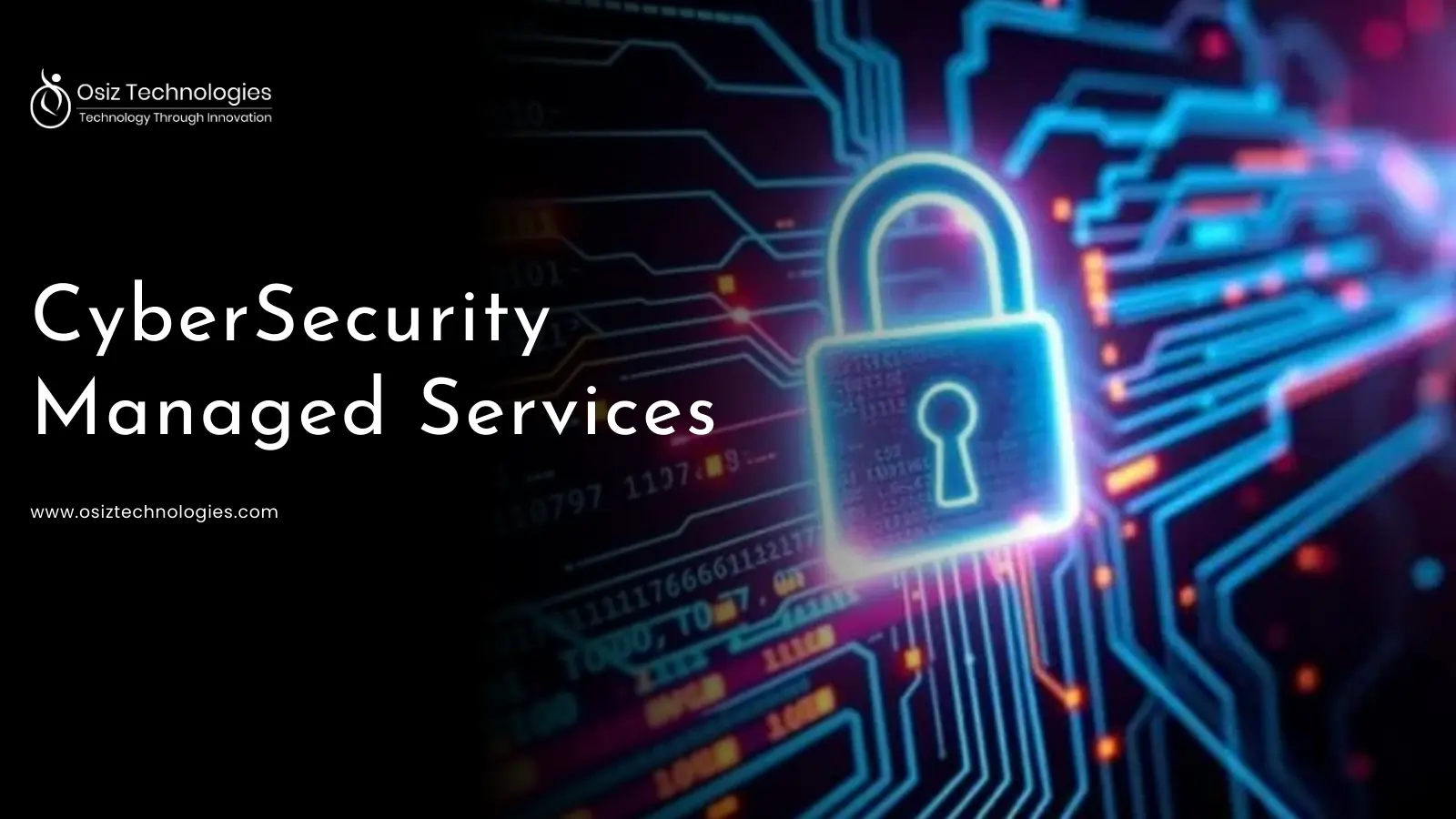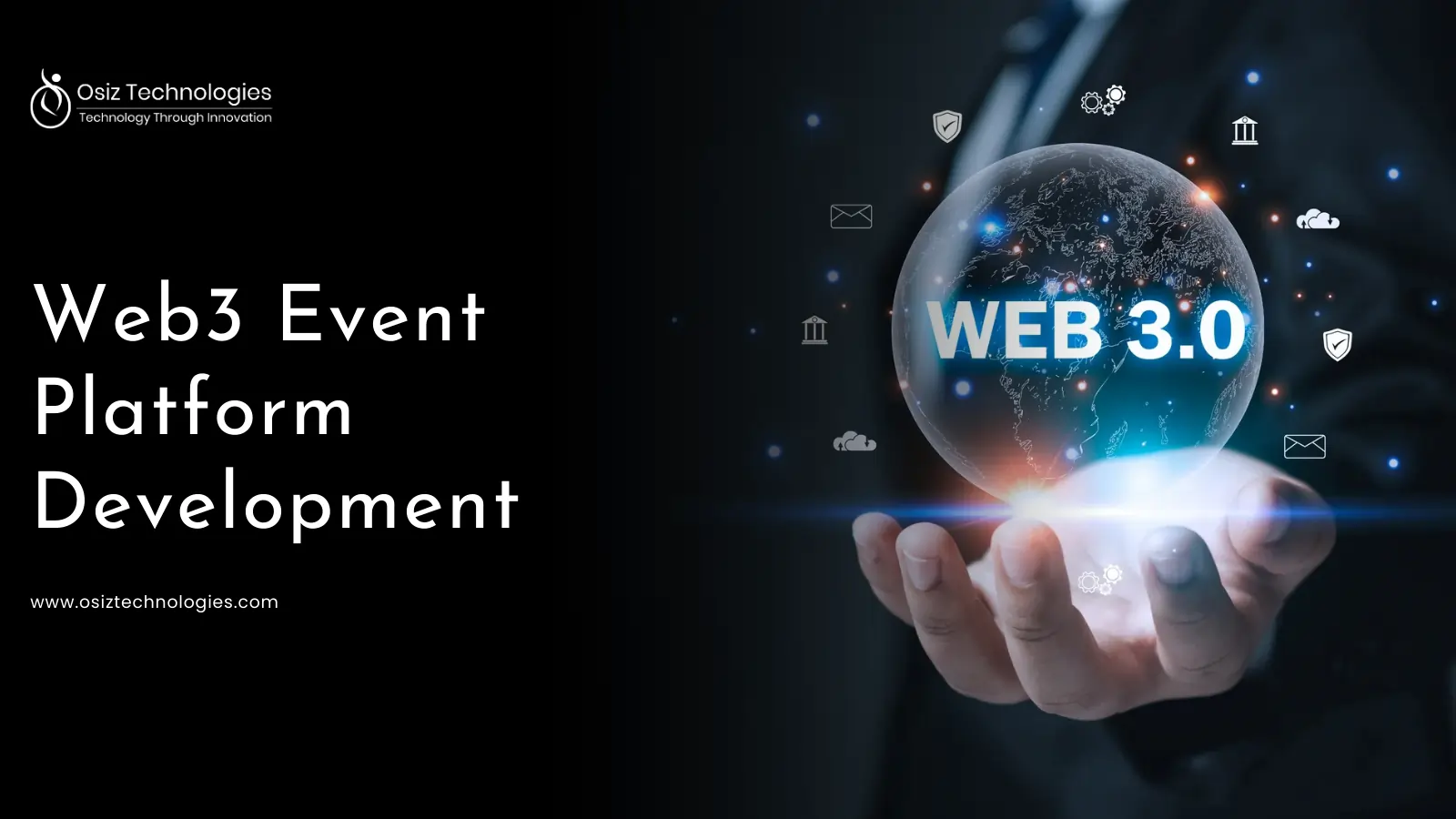Blockchain technology is revolutionizing various industries, but its development comes with a unique set of challenges. Understanding these challenges is crucial for businesses looking to leverage blockchain solutions effectively. In this article, we will explore the primary hurdles developers face, from scalability issues to compliance requirements, and provide actionable insights to navigate these complexities.
1. Understanding Blockchain Scalability Solutions
Scalability remains one of the most significant challenges in blockchain development. As the number of transactions increases, the network can become congested, leading to higher transaction latency. Solutions like sharding, layer-2 protocols, and sidechains are being explored to enhance scalability. For instance, Ethereum's transition to a proof-of-stake model aims to improve transaction speeds and reduce energy consumption.
2. Blockchain Integration with Legacy Systems
Many organizations struggle with integrating blockchain technology into their existing legacy systems. This integration often requires significant changes to current processes and infrastructure. Businesses must assess their systems' compatibility and develop a comprehensive integration strategy that minimizes disruption. Engaging blockchain consulting services can provide valuable insights during this phase.
3. Navigating Blockchain Compliance Requirements
Compliance is another critical challenge for blockchain developers. With varying regulations across regions, ensuring adherence to blockchain regulatory frameworks can be daunting. Organizations must stay updated on compliance requirements, including KYC (Know Your Customer) and AML (Anti-Money Laundering) laws. This often necessitates collaboration with legal experts to navigate the complex landscape of blockchain compliance effectively.
4. Addressing Blockchain Security Vulnerabilities
Security vulnerabilities pose a significant risk in blockchain development. Smart contracts, while powerful, can be susceptible to bugs and exploits. Conducting thorough blockchain smart contract audit services is essential to identify potential weaknesses before deployment. Regular security assessments and updates are also crucial to maintaining the integrity of the blockchain.
5. The Challenge of Blockchain Interoperability Protocols
As multiple blockchain networks emerge, interoperability becomes a pressing concern. The ability for different blockchains to communicate and share data seamlessly is vital for broader adoption. Developers must explore various blockchain interoperability protocols to ensure their solutions can interact with other platforms, enhancing functionality and user experience.
6. Reducing Blockchain Energy Consumption
Blockchain technology, particularly proof-of-work systems, has faced criticism for its energy consumption. Developers are increasingly focusing on energy-efficient solutions, such as proof-of-stake and hybrid models, to reduce the carbon footprint associated with blockchain operations. This shift not only addresses environmental concerns but also enhances the technology's appeal to environmentally conscious businesses.
7. Optimizing Blockchain Transaction Latency
Transaction latency can hinder user experience and overall blockchain efficiency. Developers must implement strategies to optimize transaction speeds, such as increasing block size or utilizing off-chain solutions. Understanding the trade-offs between speed and security is essential for creating a balanced blockchain environment.
8. Overcoming Blockchain Enterprise Adoption Challenges
Despite the potential benefits, many enterprises hesitate to adopt blockchain technology due to perceived risks and uncertainties. Addressing these concerns requires educating stakeholders about the technology's advantages and providing case studies showcasing successful implementations. Building trust through transparency and demonstrating ROI through blockchain ROI calculation tools can facilitate smoother adoption.
9. Real-World Asset Tokenization Platforms
Tokenization of real-world assets presents both opportunities and challenges. While it can enhance liquidity and accessibility, it also raises questions about regulatory compliance and asset valuation. Developers must create robust platforms that address these concerns while ensuring a seamless user experience.
10. Best Practices for Blockchain Deployment
Implementing best practices in blockchain deployment is crucial for success. This includes thorough testing, user training, and ongoing support. Engaging with experienced blockchain developers during the deployment phase can help identify potential pitfalls and streamline the process.
Conclusion: Navigating the Future of Blockchain Development
As blockchain technology continues to evolve, understanding its challenges is essential for developers and businesses alike. By addressing scalability, compliance, security, and interoperability, organizations can harness the full potential of blockchain. For more insights and tailored solutions, connect with us at osiztechnologies.
Listen To The Article
Recent Blogs

Avail
30% Off












